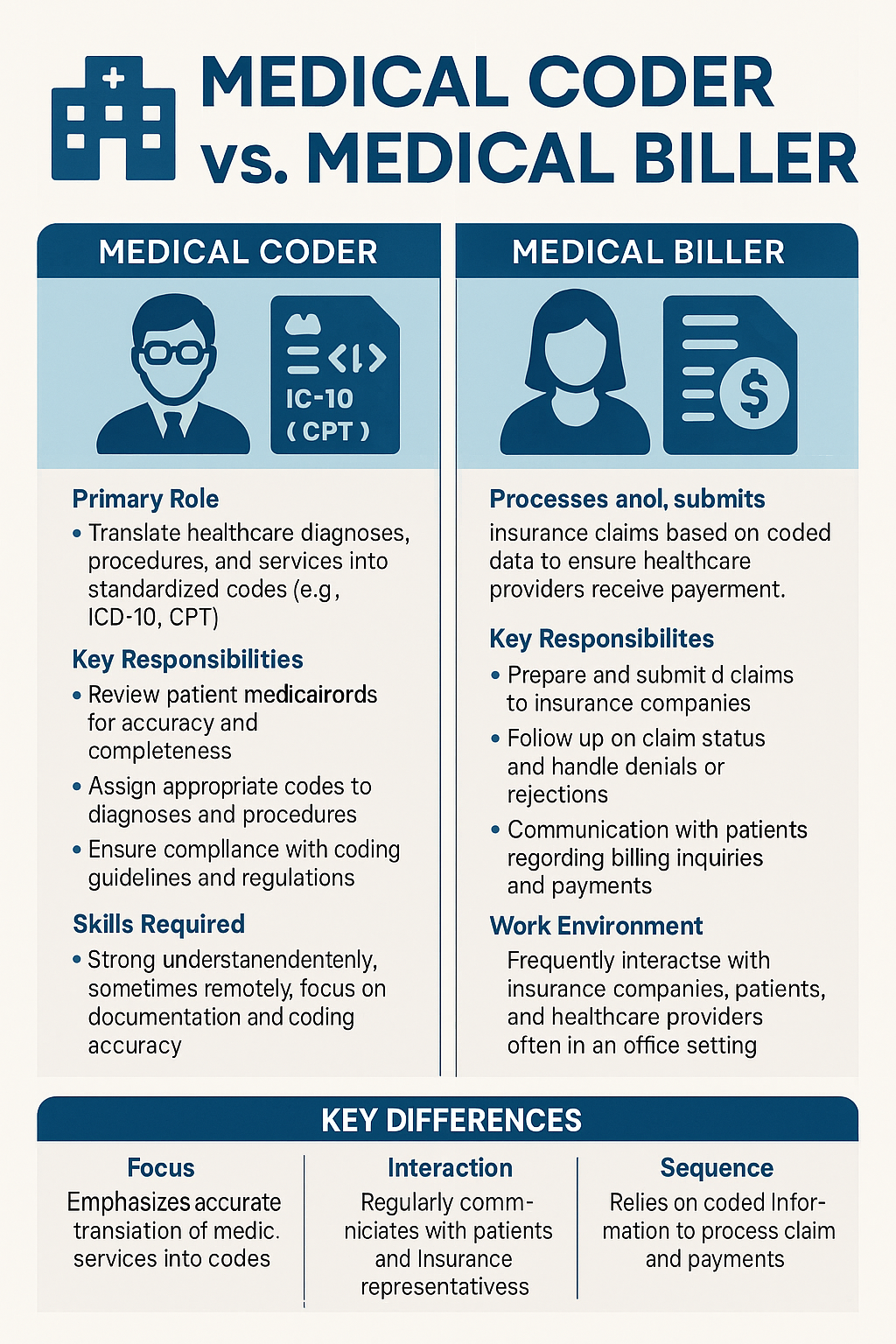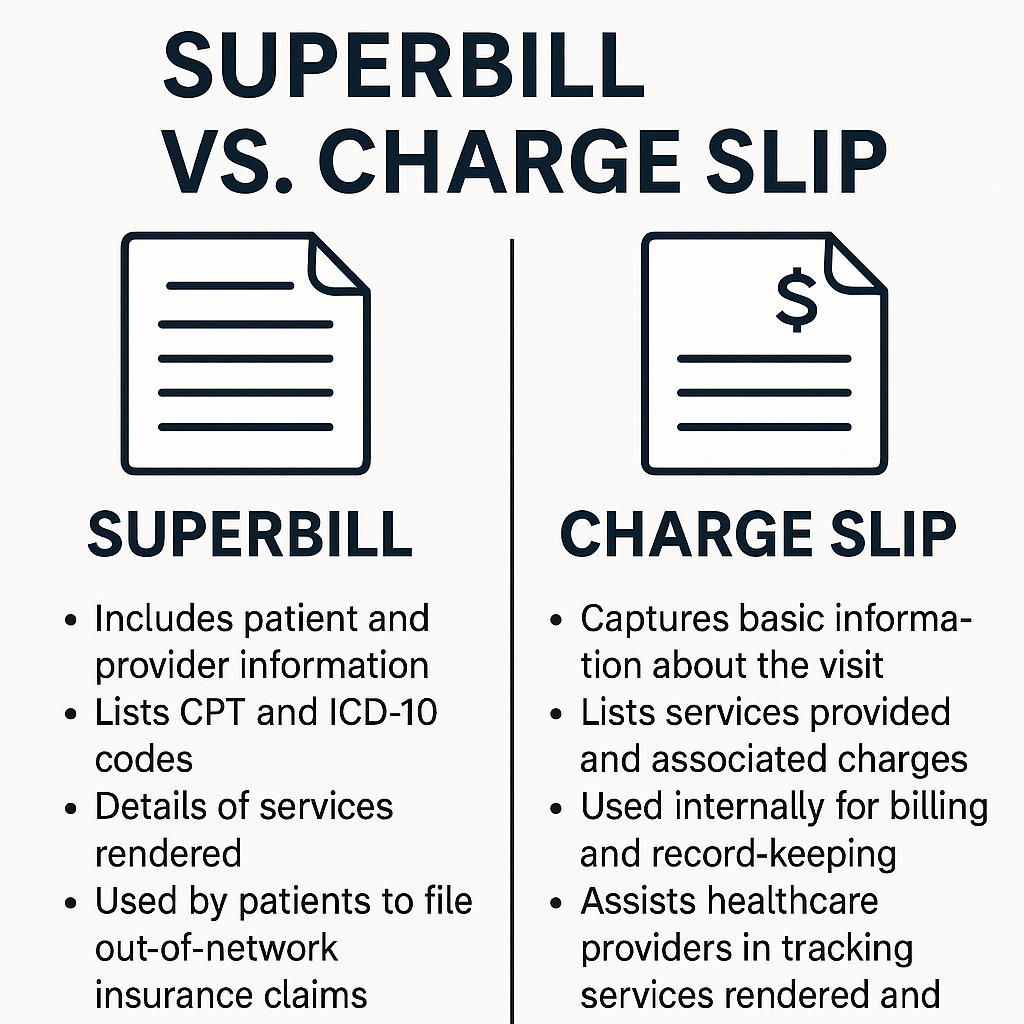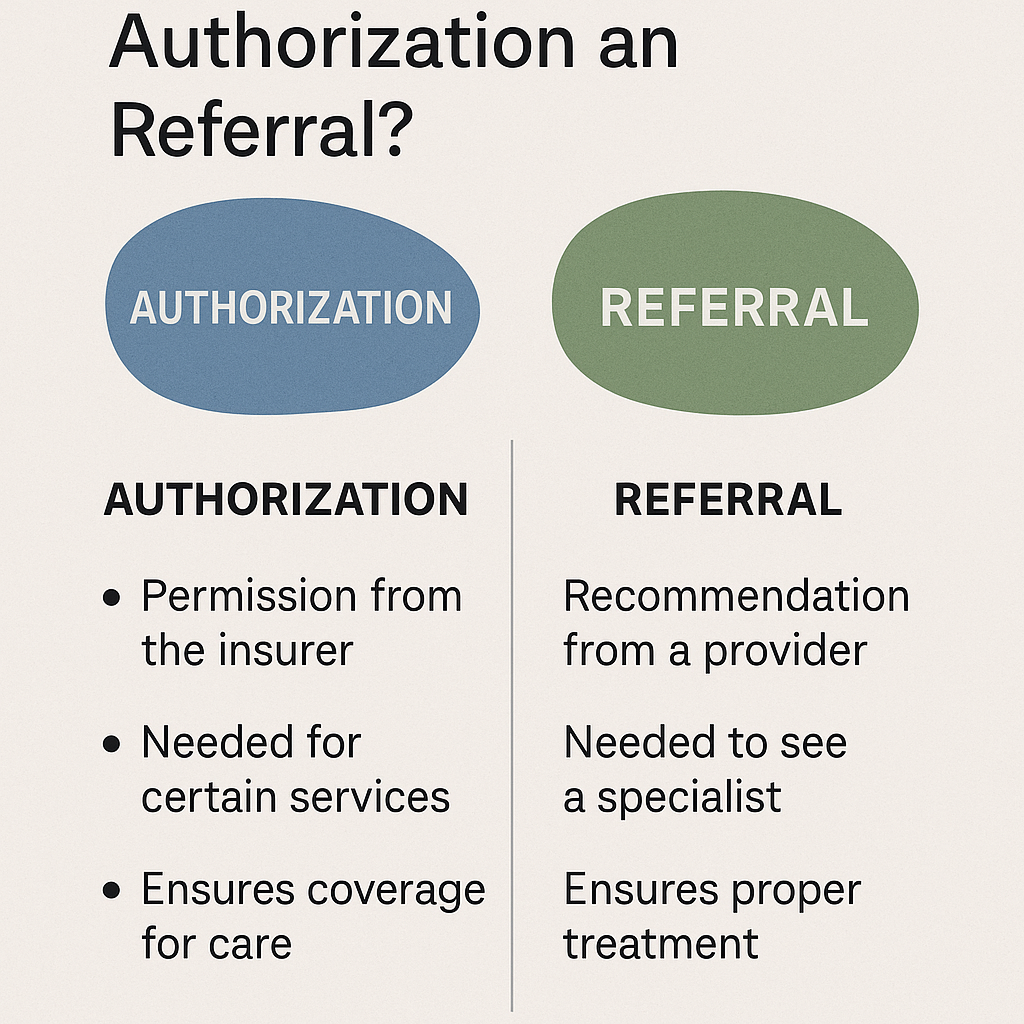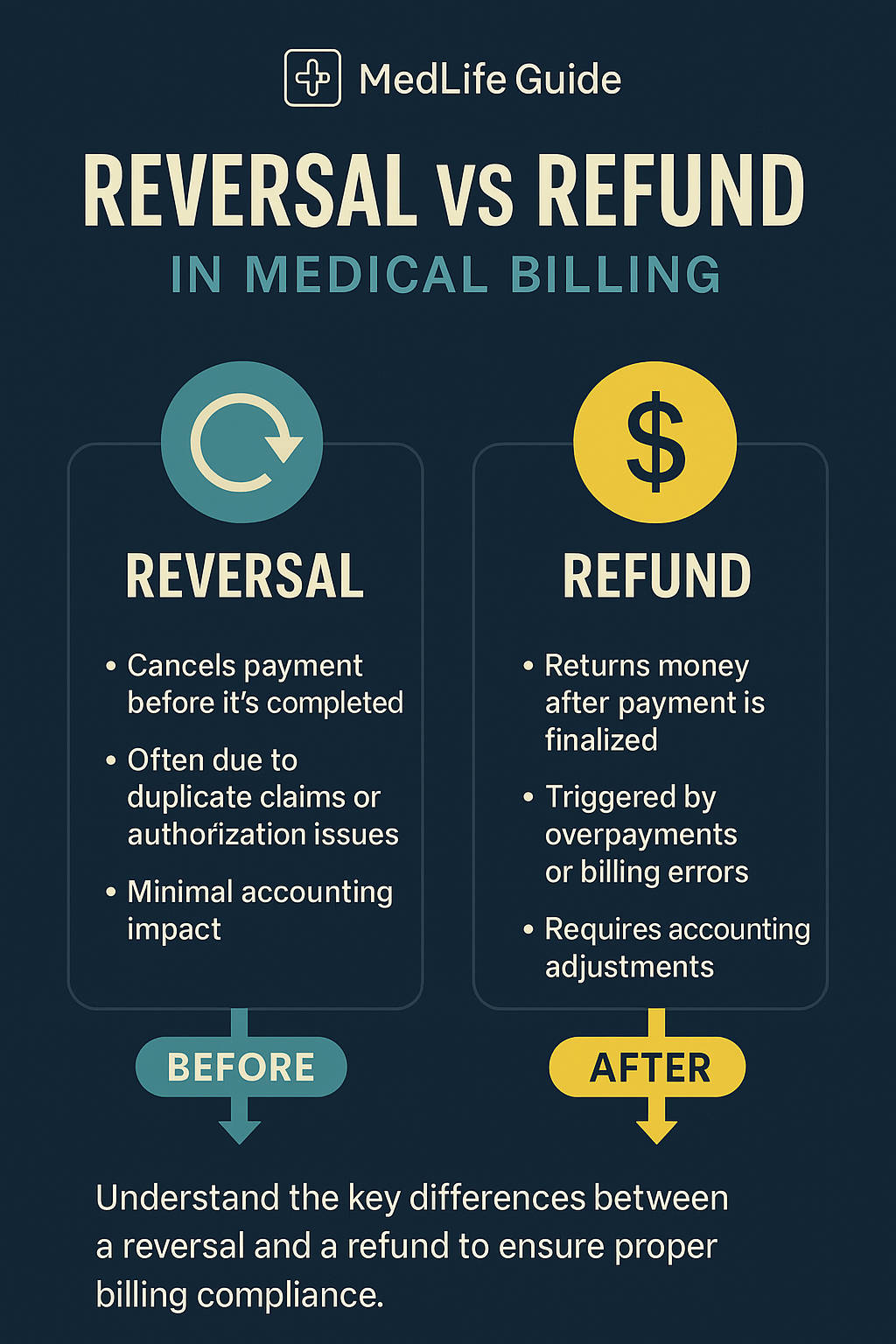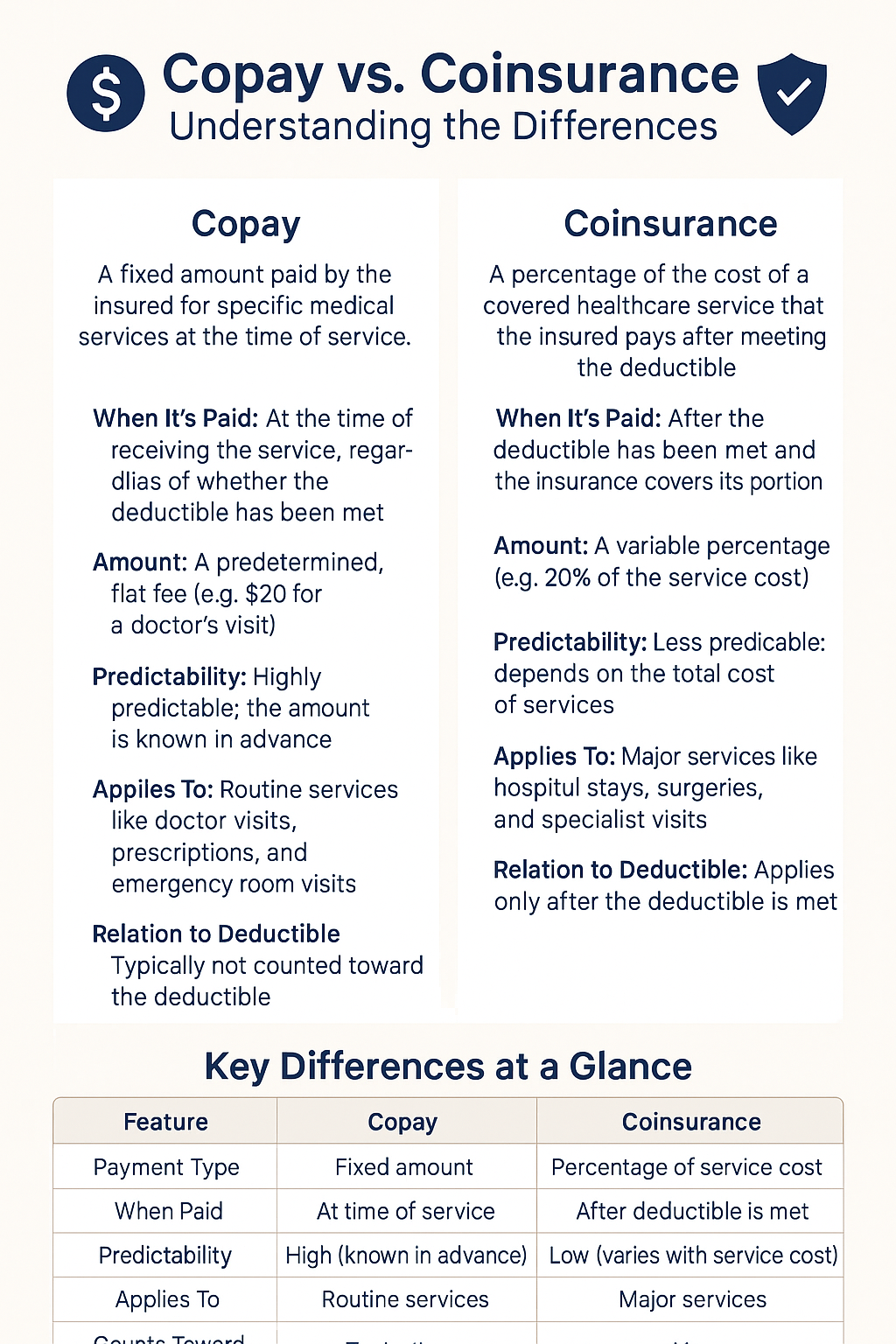23 Modifier In Medical Billing
Modifier 23 means “Unusual Anesthesia.” It’s appended to a surgical procedure code to indicate that anesthesia services were more extensive than typically expected due to unusual circumstances. CPT Definition: Modifier 23 – Unusual Anesthesia: “When a procedure which usually requires either no anesthesia or local anesthesia must be done under general anesthesia due to unusual … Read more

